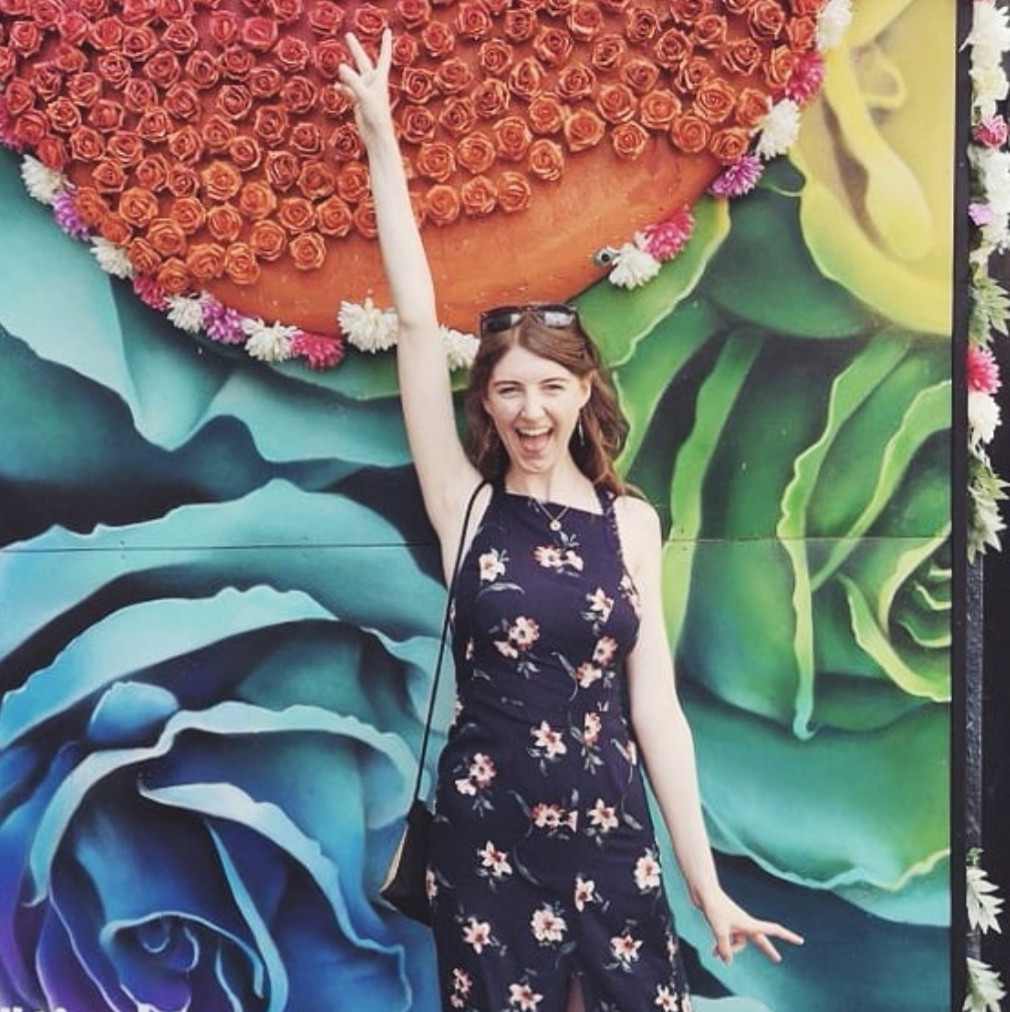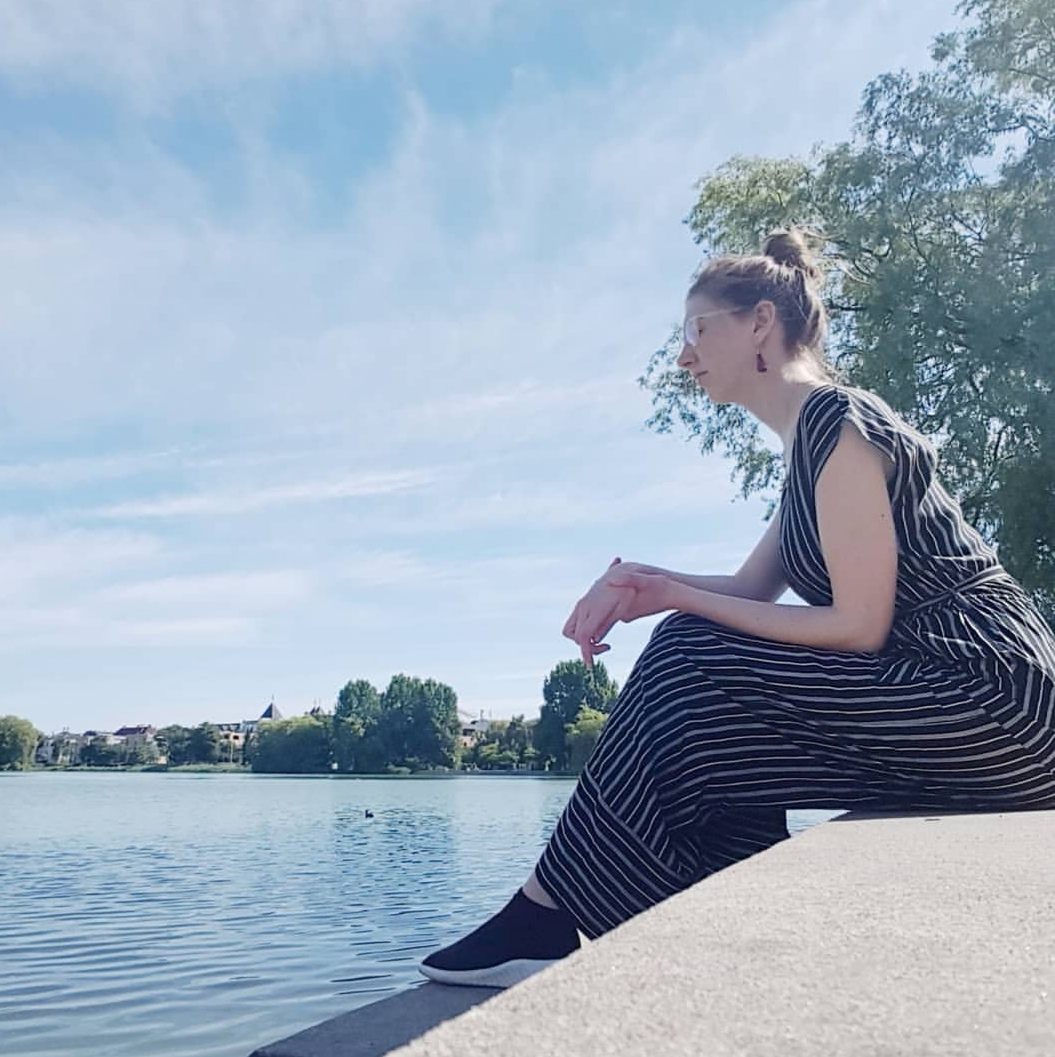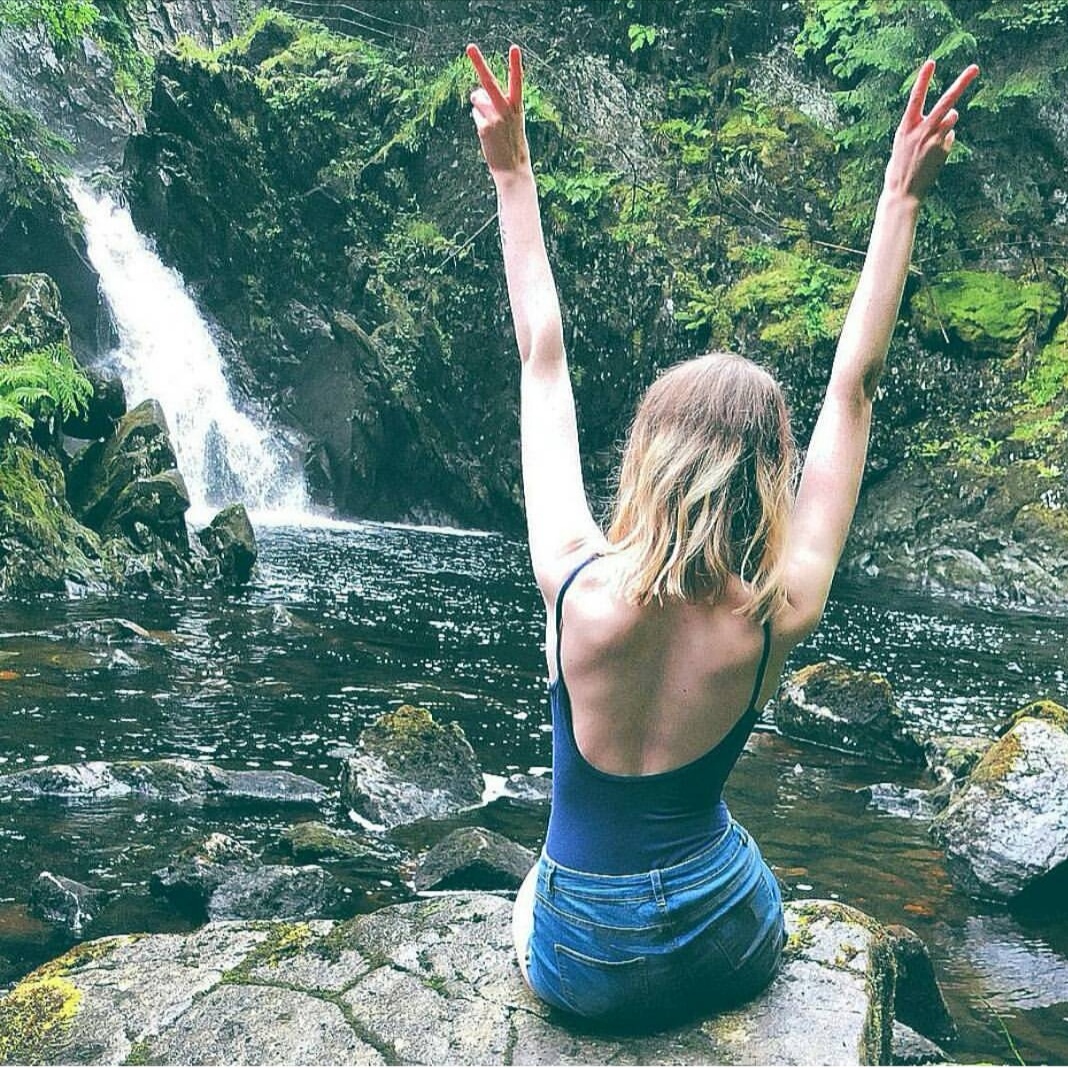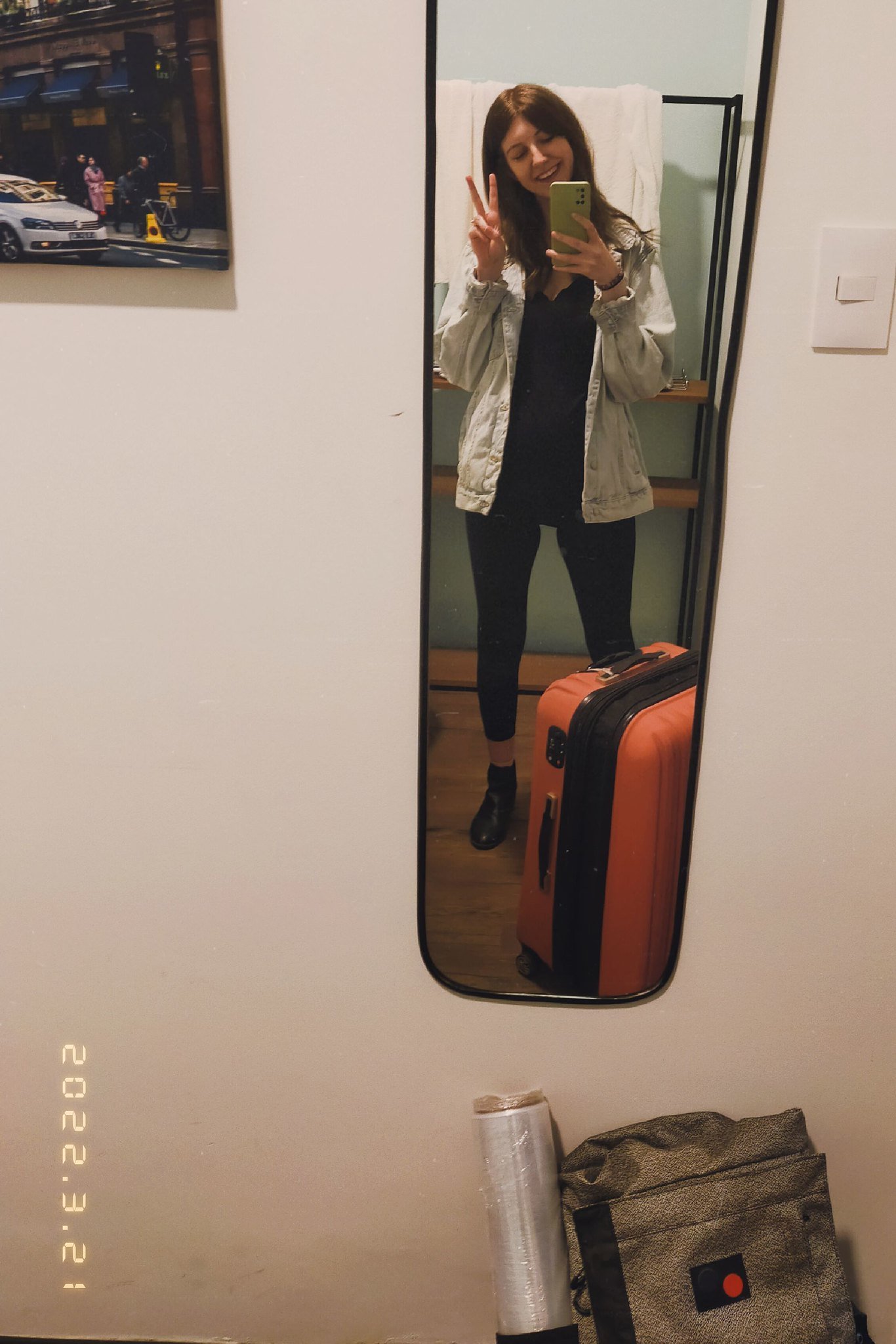(TW: This post has brief (non-graphic) mentions of rape, murder, theft and other crimes)
The thought of travelling alone, especially for the first time, can seem scary. However, once you actually do it, you realise what a freeing and exciting experience it is. The news and media focus a lot on the dangers and negative events that happen in the world, which might make you feel like the world isn’t a safe place. The truth is that these incidents are rare, which is why they make the news; they don’t actually reflect everyday reality. “Out there” seems scarier because it’s unknown, but statistically you’re more likely to be raped or killed by someone you already know. You might live in a safe country, city or neighbourhood, but dangers are literally everywhere and you shouldn’t let fear be the thing that holds you back.
That being said, risks do exist, so you still have to be smart to reduce the chances of getting into one of those scary situations. Now, by no means am I saying if something bad happens it’s because you weren’t careful enough! (Which is something you will hear from people “what do you expect as a woman? that’s what you get when you go to XY or Z country”) but no-one wants to be a victim of a crime so, these are a few tips I’ve discovered over the last few years to help make travelling as safe as possible. If nothing else, it just help you to feel more confident and safe when exploring somewhere new.
First of all, just have common sense and keep your wits about you.
Don’t flash expensive goods (such as your phone, camera, jewellery) or money. Have a good, safe bag you can keep everything in when you’re out and about. Arden Cove make great anti-theft bags that are top of the range and look really nice, but they can be a little expensive. If you’re on a budget, check out some anti-theft bags on Amazon where you’ll be able to find some alternatives.
Research neighbourhoods and areas so you’re aware of the least and most dangerous places to go - and to stop yourself from getting lost. I like to use AirBnB to get info on neighbourhoods even if I’m not planning to stay in an AirBnB accommodation. If you’re already in a country and you’re tying to gauge if a neighbourhood is safe or not, my rule is to watch and observe if there are any other women or children walking alone. If there are, chances are, it’s safe enough.
Be careful at night. During the day, places will be busier, therefor (usually) safer. If I want to wander and explore a place I do it during the day, if I go out at night it is usually to a specific place (bar/restaurant) and then back to my accommodation. Some people like wandering at night, but I rarely feel like it’s worth the risk. This depends however on if I’m in a city or a small town, if I have friends there or if I’m completely alone.
Choose your transport wisely. I use Uber when I’m in a big city to get from A to B. I know that there are occasionally horror stories about Uber drivers in the press but I like being able to follow the journey on the map on my phone, to know the exact cost before I take the trip, that I can share the trip with a friend so they know I’m safe, and that there is a crisis button I can press if something goes wrong. To get from city to city, I use BlaBlaCar, train, or take a good quality bus. I like public transport but it’s important to do research to find out if the mode of transport itself, and the specific company is safe for the country you’re in.
Avoid making yourself more vulnerable. For example, I don’t drink at all when I travel alone. It’s such an easy way for someone to take advantage of you, I don’t even bother, but that’s not a problem for me because I’m not a big drinker anyway. Not everyone will want to do that, and if you enjoy a drink they you might be reluctant to give it up. So just be smart about how much you drink, and to, obviously, never leave your drink unattended.
Lock ya door. Whether I stay in a hostel, hotel, airbnb, or whatever else, I know that there’s a high possibility someone else also has a key to my door, which could mean late night visitors. So I have a door stop I use to jam the door shut while I sleep just to give me an extra sense of security. There are three types that I know are highly recommended. This one is slid into the side of the door to create or secure a lock. This is a door stop that also acts as an alarm to warn you of an intruder. The third one uses force to jam the door shut, to withstand even strong attempts at forced entry.
Another thing that really helped me get the confidence (and sometimes great advice) I needed to go on some of my trips was facebook groups. I’m not a huge facebook user but these groups have been a godsend. There’s lots available but these are some that I’m part of and that I recommend.
What’s so great about groups like this is that they’re full of really diverse women, from all different countries and backgrounds, so it’s easy to find people to relate to or draw wisdom from. The majority of the women are unmarried/divorced and without children - probably because this demographic has the most time and money to be able to travel. However, there are also single mothers, wives who like travel without their husbands, lesbian couples, widows, student backpackers, and retired women. Some of the women travel on a budget, some go on extravagant luxurious vacations. You can search any destination or topic on the page and find dozens to hundreds of posts with information about it. The best thing - everyone looks out for each other. They warn each other about airlines that are consistently unreliable and hostels where the male staff treated them inappropriately. It’s such a valuable resource to get advice on baggage allowances, restaurant recommendations, the best tourist (and non tourist) spots as well as things like “I’ve had my heartbroken and I don’t know what to do now”.
A great way to be safe alone is to not be completely alone. So, the final thing that I rave about to everyone, is Workaway. It is a website that helps you find food and board that you can get in exchange for a few hours of voluntary work. There’s hostels, beach resorts, language exchanges, animal care, childcare, and even house sitting in almost every country you can think of. Most of the time you’ll share the accommodation with other workawayers or the owners so it will help you make friends and feel less lonely. You can also specify what kind of work you’re willing to do, for how long, and check reviews left by previous volunteers. A lot of people have issues with volunteer work but for me it’s worth it.
If you have any other tips then please please leave them in the comments and let me know!
This post may contain affiliate links to trusted partners.











